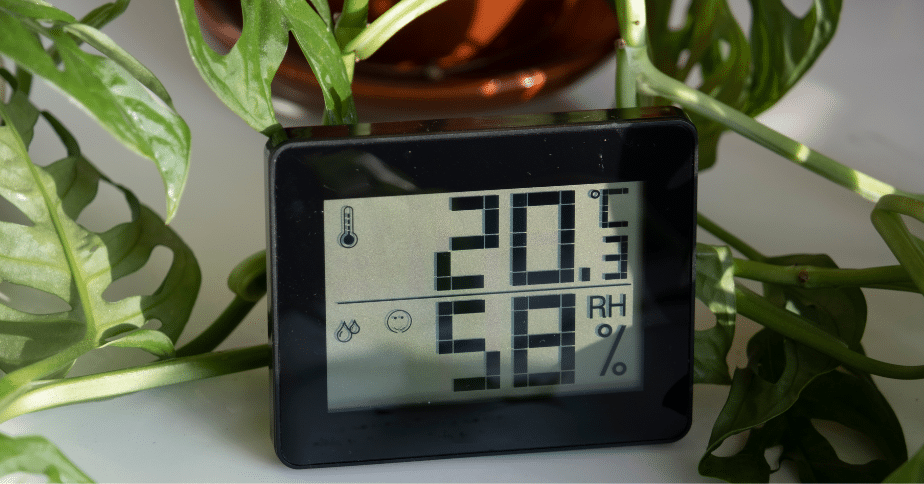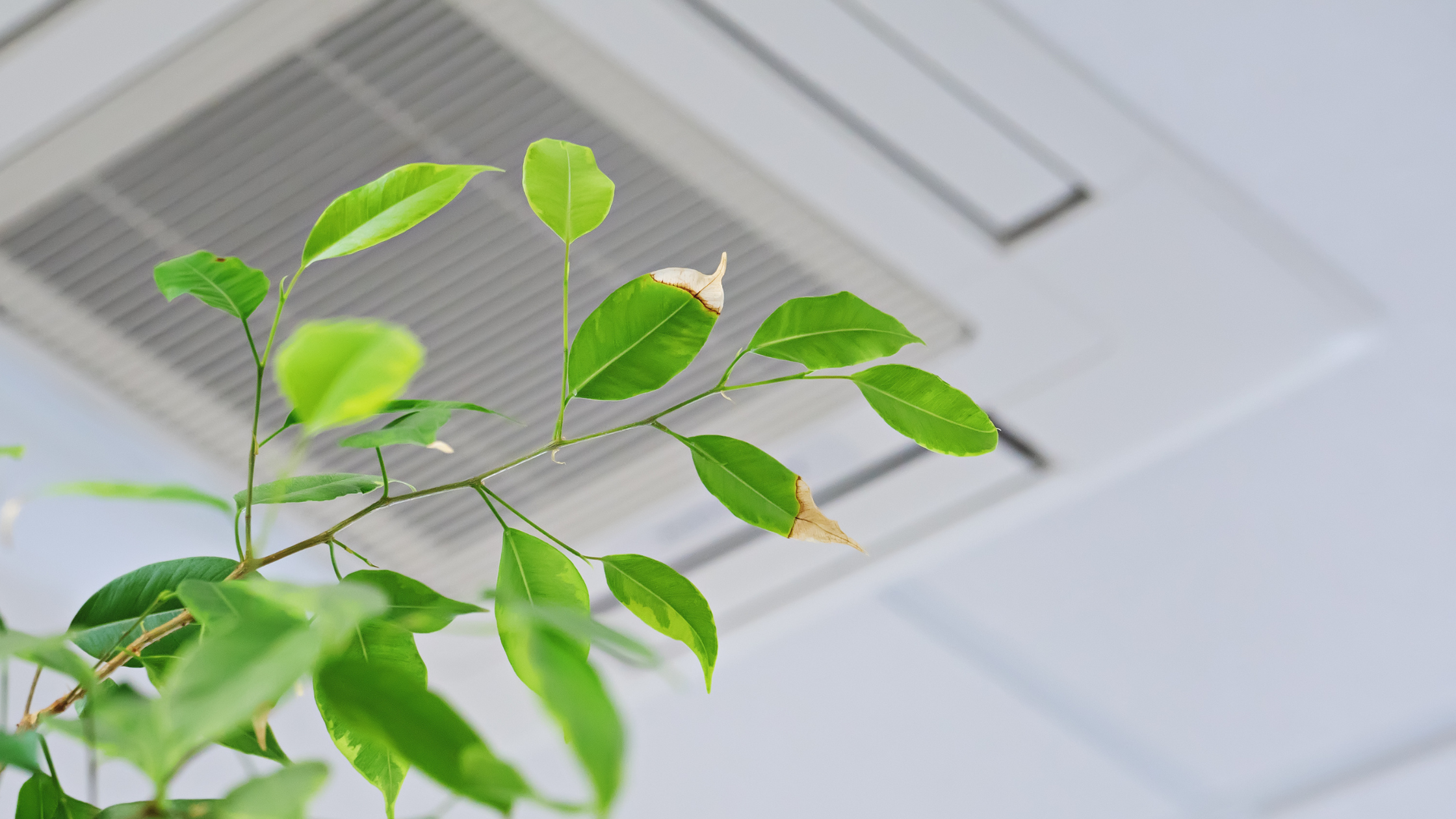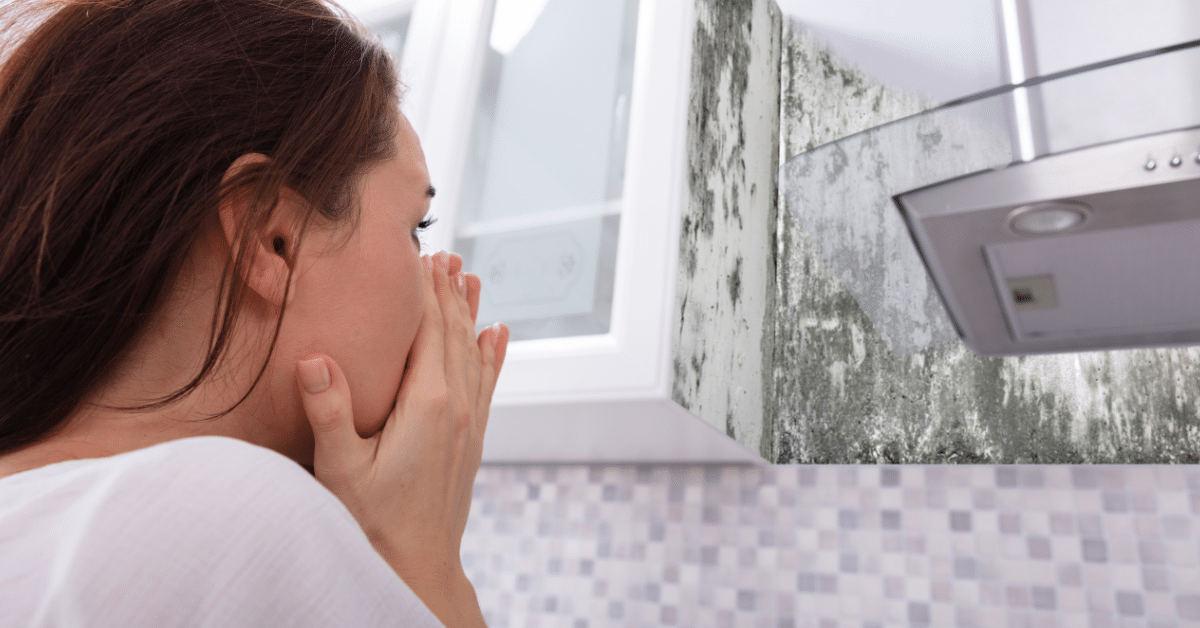COVID-19 And Indoor Air Quality

With the rapid spread of COVID-19 has come the common use of face masks in public areas. How does COVID-19 affect air quality, and is it for better or for worse? Let’s take a closer look.
The Positive Impact of COVID-19 on Air Quality & the Environment
Before we get into the medical information regarding COVID-19 and indoor air quality, let’s talk about the indirect effect COVID-19 has made on the environment.
Studies indicate that as people stay home and businesses remain closed, the world’s air quality is cleaner than ever. This is due largely to a significant decrease in fumes, fuel, and smoke that work together to reduce air quality. Consequently, major cities are noticing much cleaner air and bluer skies.
Additionally, small and large bodies of water have cleared up, and a large portion of nature has seen a return in wildlife. While the COVID-19 virus is not directly responsible for this environmental cleanup, the (mostly) worldwide quarantine of individuals has helped nature partially repair itself.
This is good news for people who suffer from allergies and other chronic lung diseases. Less air pollution means better health. However, COVID-19 is not a long-term solution to air pollution. Once the world gets back to normal, the only way to keep the air quality high is to reduce the amount of oil and coal usage in daily living.
The Negative Impact of COVID-19 on Air Quality
Despite the overall improvement in nature’s air quality, the majority of people wear masks when they go to their essential jobs or to the grocery store. This is because COVID-19 spreads through ingestion. Particles transfer from person to object to person, all through the air.
For individuals who live in cities with high air pollution, your immune system may be more compromised and susceptible to catching the virus. There is no need to worry as long as you wear a face mask and stay at home when you can.
What Does This Mean for Indoor Air Quality?
Since poor air quality possesses the potential to lower your immune system, it is important that you make an effort to breathe healthy air only. You are probably spending more time at home than outside right now, so focus on improving your home’s indoor air quality. You can do this in the following ways.
- Sanitize objects and furniture in your home.
- Dust and vacuum regularly.
- Change air filters.
- Let fresh air circulate through open windows (in moderation).
- Leave shoes outside.
- Wear a mask when dealing with potentially infected objects.
Remember, one person alone cannot change the world, but individuals working together can. Do your part to stop the spread of COVID-19 by wearing a mask. Additionally, work towards a healthier environment by avoiding fuel waste and smoking in public areas.
Taking extra precautions with your indoor air quality can protect you from COVID-19, as well as other long-term lung conditions and health issues.
How Can Air Quality Assessors Help You?
Mold, dust, and other pollutants lower your indoor air quality and weaken your immune system. If you notice that you have a problem with mold or mildew in your home, it is best to enlist the help of a professional. Contact AQA if you have any questions or concerns about mold in your home or business. With their combination of experience and knowledge, you can be assured that everything will be handled properly.
We also offer CVOID-19 Surface Testing services. To learn more click this link.



